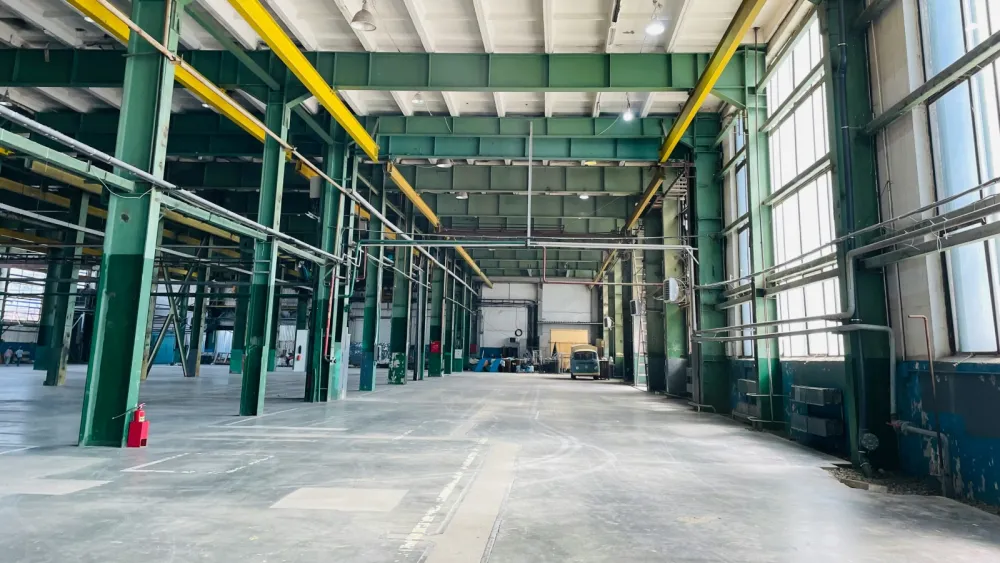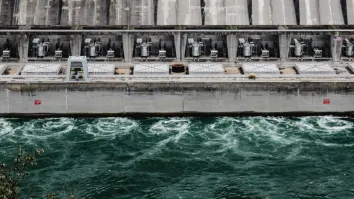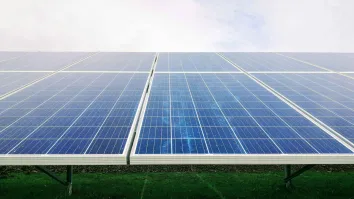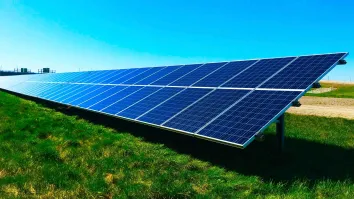Bankability for renewables in Asia
By Agostinho Miguel GarciaUnder the context of Renewable energies Bankability takes shape under several concepts and it is interesting to see that the concept has an Asian concept that is completely different from the European or North American one.
While in Europe and North America Bankability is associated with a track record of a manufacturer, technology provider, EPC (Engineering, procurement and Construction) company, developer and a strong due diligence process.
In Asia it is likely to have no such components, but more the strength of the developer’s balance sheet or credibility with the financial institution. This has as practical consequence that while in Europe and North America non-recourse loans are the full example of a bankability concept in Asia the non-recourse my actually be more expensive and not so easy to obtain than a recourse loan and based on a balance sheet.
While in Europe and North America that would create a limitation for companies to build sizeable pipelines of projects, but in a continent with two of the largest countries in the world – India and China – the number of companies, investors, potential developers, interested individuals may actually top all companies of the Europe and North America multiplied by a decent figure (certainly with two digits).
So the limitation on pipeline is replaced by the sheer number of companies that all together will actually symbolize a much larger pipeline than any decent European and North American firm would be able to generate based on a successful bankability and non-recourse loans. Of course for single Asian entities the same applies as for any other company regarding the balance sheet limitations.
The issue is: do we need bankability in Asia? I still believe that the concept is necessary and will find its way among the industry. It is a matter of adaptation of the concept to the continents and the “business as usual”.
Projects will fail due to lack of bankability, but that will actually teach others what not to do and for example that is already happening in India, both in PV and CSP (Concentrated Solar Power).
Non-recourse loan is actually hardly the answer in economies where the commercial interest rates are of two digits and the usual financial analysis done on projects may not apply. Equity has to be available, projects may need cash injections to pay the debt during the years of the loans and usually those projects will get diluted in corporate loans for more projects.
The inflation may also be a wild card. It is expected that infusions will be necessary for profits down the road.
To Europeans and North Americans the lesson is: learn how it is done and in which grounds, where the cash flows are and how decisions are made in Asia. Maybe we can still have a shot at creating value in these economies and our know-how may actually improve the quality of the projects, both technically and financially or as expected: increase the bankability!



















 Advertise
Advertise






